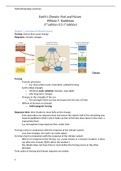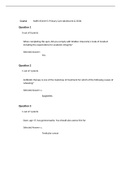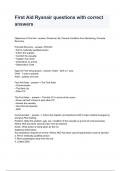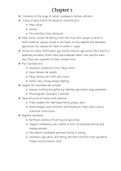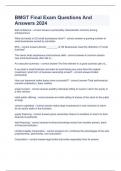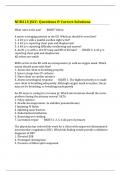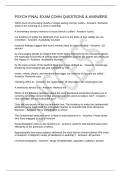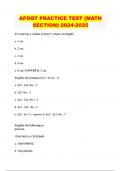Samenvatting
Samenvatting hoofdstukken Paleoclimatology
Een samenvatting van de benodigde hoofdstukken voor paleoclimatology. Het zijn de hoofdstukken betreffende: Chapter 1: overview of climate science Chapter 2: climate archives, data and models Chapter 3: Earth’s Climate System Today (1st ed) Chapter 3: CO2 and long-term climate Chapter 6...
[Meer zien]
